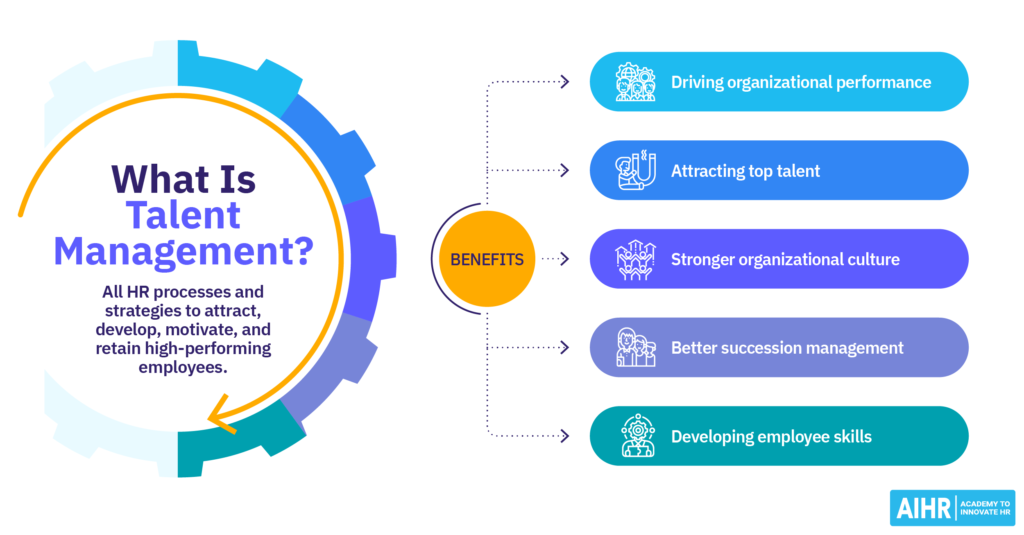Have you ever been in a situation where you’re trying to settle down at work and you have a co-worker close by who is chatting and laughing so loudly and they continue their chattering bothered even after telling them of the distractions that they are causing? Or Did your boss pair you with another coworker to carry out a project and you’re getting frustrated because of the “I know it all” attitude your partner is exhibiting? Or do you have that one coworker who always nags and complains loudly about every little thing? Being in any of these scenarios is frustrating and annoying and that’s why, in this article, we’ll be looking at the types of annoying coworkers and how to deal with them.
One of the best methods to deal with all types of annoying coworkers is to try to find a way to flow with them and live peacefully with them. You have to ensure that you are not affected by their actions or activities in any way.
You could do this by communicating with them and telling them the distractions and discomforts their activities have caused you. You can also set well-defined boundaries. Let’s look at some types of annoying coworkers. This is one article you’re going to enjoy reading and it is also relatable. So stay glued!
Types of Annoying Coworkers
1. The Loud talker

The loud talker is the most common of all the types of annoying coworkers. Have you ever seen someone who looks like it is totally impossible for them to speak in low tones? If a stranger overhears their voice while you’re having a conversation with them, it could be that there’s some sort of argument or quarrel between the both of you.
Have you also been in a situation where you’re trying to compute some numbers, or you’re trying to write a mail, finish a report or seal a deal with an important client and you have a next-door colleague who is a loud talker? It is totally impossible for you to concentrate on the heaps of work you have to do within a limited time with their loud chattering like an excited 3-year-old who is at a birthday gathering.
Having this kind of loud talker close by is enough to get you frustrated and ruin your day. You can try reaching out to this loud talker, telling them to keep the noise level down. Another way to deal with them is to make use of noise-canceling headphones.
2. The Gossips
Have you ever had a close friend who has the latest office gist on their lips and has detailed information on the personal lives of other workers? The work of gossip is to spread rumors and misinformation, causing fights and quarrels among others, thereby creating a toxic work environment.
The best way to deal with gossip is to be overly conscious when they are around you. The mouth and the ears of gossip are itchy, always looking for the next news to spread or someone to share their latest discovery with. It is very important to try to avoid engaging in any kind of conversation with the gossip; any close contact you have with them should be strictly official and work-related.
The question could be: What happens if the office gossip is spreading a rumor about you? The best way to address this is not to fight or engage in heated arguments; call the office gossip and have a private discussion with them about how displeased and uninterested you are in the rumors that they are spreading about you. If needed, you may need to report to the manager.
3. The Know-It-All

We’re still looking at types of annoying coworkers. The third on our list is the know-it-all coworker. This coworker can be the most frustrating to partner with or have in a team for a group project. They are very difficult to work with because they always feel that they are right and more knowledgeable than others and at every slightest opportunity, they want to show off their knowledge.
Working with a know-it-all coworker can be quite tricky because, if not careful, all discussions and meetings may end in arguments and there’ll be reduced productivity of work and also delay. We’ve all had our own experiences with the know-it-all coworker and I’m sure the question you may want to ask is, How do I deal with a know-it-all coworker?
Like I said earlier, the know-it-all believes that they are always right, but it is not very easy for them to see things from the perspective of others or try to reason with them. If you have a know-it-all coworker, it’s important to approach them with patience and respect.
Don’t try to make them feel like their opinions don’t count or that they act too fast. You could say something like, “That’s brilliant of you to come up with something like that but don’t you think we should consider this option? It is more promising and easier than what you’ve brought to the table.” You can even go ahead and give them reasons and try to convince them why they should accept the other perspective. Remember, you have to be patient with them.
4. The micromanager

Have you encountered a coworker who assumes a leadership role without anyone voting or assigning him to that position? The micromanager has that inner drive to be the boss over others. You’ll find them repeating instructions for what you’ve been asked to do and also telling you what to do, questioning every decision you make and assigning tasks. They can be very frustrating to work with because they don’t give others the space needed to perform their jobs effectively.
How can you deal with a micromanager at work? You have to set clear boundaries and make it clear to everyone what aspect of the work you’re responsible for and what the micromanager should not be involved in.
Since the micromanager criticizes decisions taken, when making your decisions, you have to do proper research and have adequate data to back up your decisions. Data can help show that you’re making good decisions.
Lastly, you have to be calm and don’t take things personally. You just have to be well informed that micromanagers just love to be in control and control others. You have to learn how to stand up for yourself and your work, but it is important that you do so in a respectful way.
5. The Complainers
Have you had a coworker who is always complaining about every little thing? Always Nagging? Once they step into the work environment, the atmosphere changes because they come in nagging. There is always something to complain about.
They can spread this negativity to others, bringing down the mood of the entire team, demotivating them, and making it difficult to get work done. Complainers or Naggere, are good at making excuses. They prefer making excuses instead of taking action. That’s the only thing they are good at—nagging and complaining.
It can be frustrating to be in their company but you can help a nag or complainer feel better by showing empathy. Show them you understand their concerns and instead of trying to shut them up, help them find solutions to their problems. You also have to pay attention to yourself so you won’t be affected by the attitude and negativity of the complainer. Stay motivated and fixate on the goals that you are pursuing.
Conclusion
In this article, we’ve looked at five types of annoying coworkers and how you can deal with them. From the loud talkers to gossip, to the always-right coworkers, the micro managers and the ever-constant naggers. I’m sure for all the types of annoying coworkers listed above, you had the name of someone in mind who exhibited similar attributes listed above. It’s a great relief that you now know how to deal with them instead of getting stressed out and frustrated at work.
After going through all the types of annoying coworkers at work, we can conclude that they are a thorn in the flesh and a real challenge in the workplace. They can make the work environment tense and uncomfortable and they can be very frustrating to deal with. Look for a way to live peacefully with them. Don’t take laws into your own hands. If it is beyond your control, report it to higher authorities.
In conclusion, despite the different types of annoying coworkers at work, it is important that all workers have a sense of mutual respect for themselves, have good communication skills, and also be able to work in a team. Personal development training can also be instituted so that workers can be self-aware and know how best to work on their toxic traits. This would help to create a positive and productive work environment.




